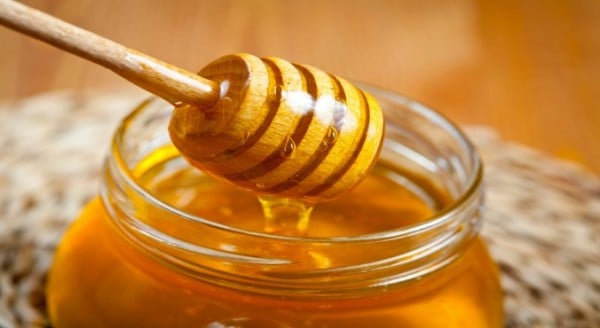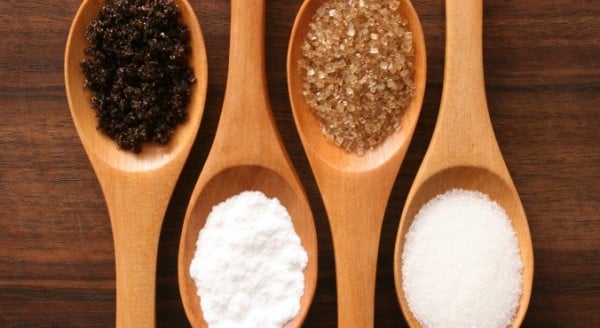
Nothing makes a scientist laugh more than seeing low sugar diets packed with dried fruit, rice malt syrup, dextrose and coconut sugar. While it is often claimed that these are ‘better’ sugars, one would argue that when you take a closer look at the chemistry, these are still all sugars – sugars that will contribute to weight gain, hormonal imbalance and cravings if over-consumed.
So if you think you are aboard the anti-sugar band wagon but your recipes are still full of rice malt syrup and coconut sugar, it may pay to take a closer look at actually what is sugar and what is not.
Simple sugars
Found naturally in foods and consist of simple sugars that give 16kJ per gram. On the whole, simple sugars offer ‘empty’ kJ, meaning that they offer little other nutritionally than extra energy and for this reason should still be consumed in small amounts.
Honey
Often chosen as a natural alternative to white sugar thanks to its antibacterial properties, honey still contains 5g of total sugars and 80kJ per teaspoon.
Listen: Sarah Wilson, founder of the ‘I Quit Sugar’ movement, isn’t off-sugar entirely. Listen to her talk about her lifestyle and weaknesses, on Can’t Live Without. Post continues after audio.
Rice Malt Syrup
Often considered ‘much’ better than sugar, the harsh truth is that rice malt syrup is a refined sugar that is produced by cooking rice flour or starch with enzymes and with a GI of 98 (white bread = 100), its supremacy as an alternative to table sugar is highly questionable. The sugar mix of rice malt syrup is 3% glucose, 45% maltose and maltotriose 52% so while it may be fructose free, it does not mean concentrated calorie free.

